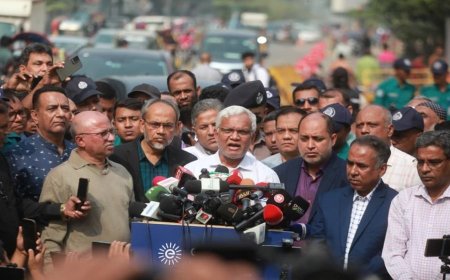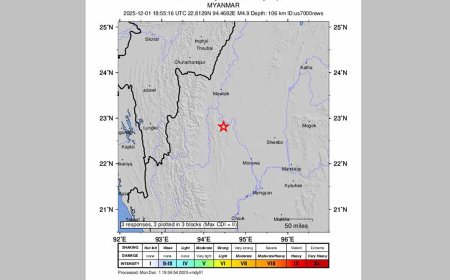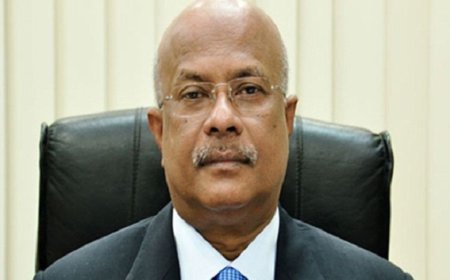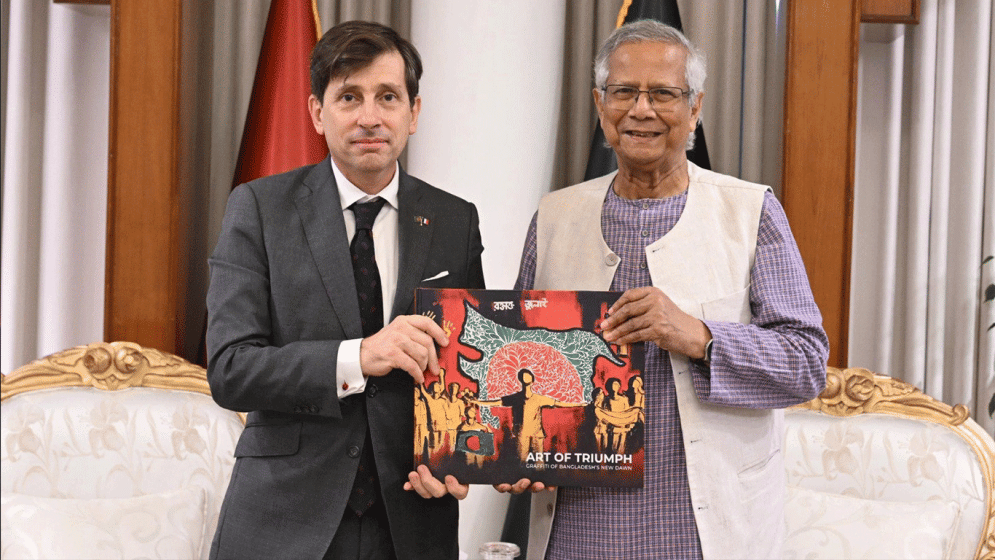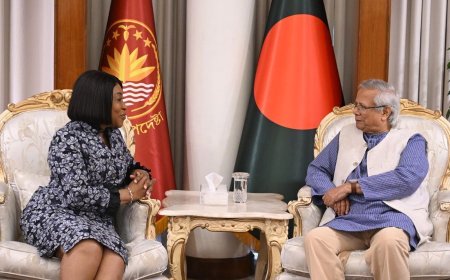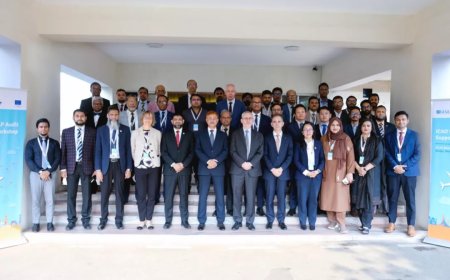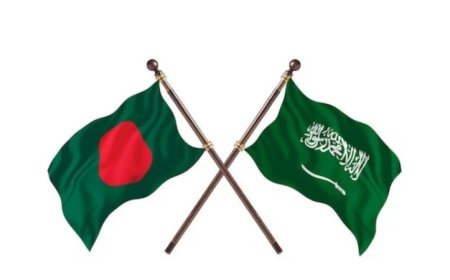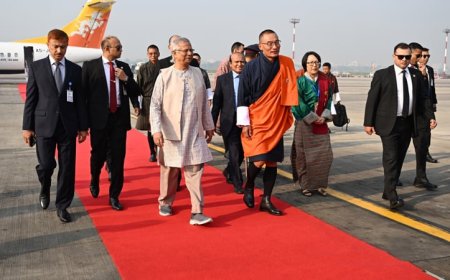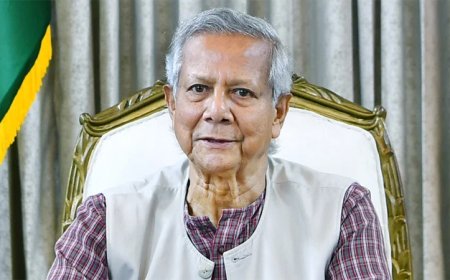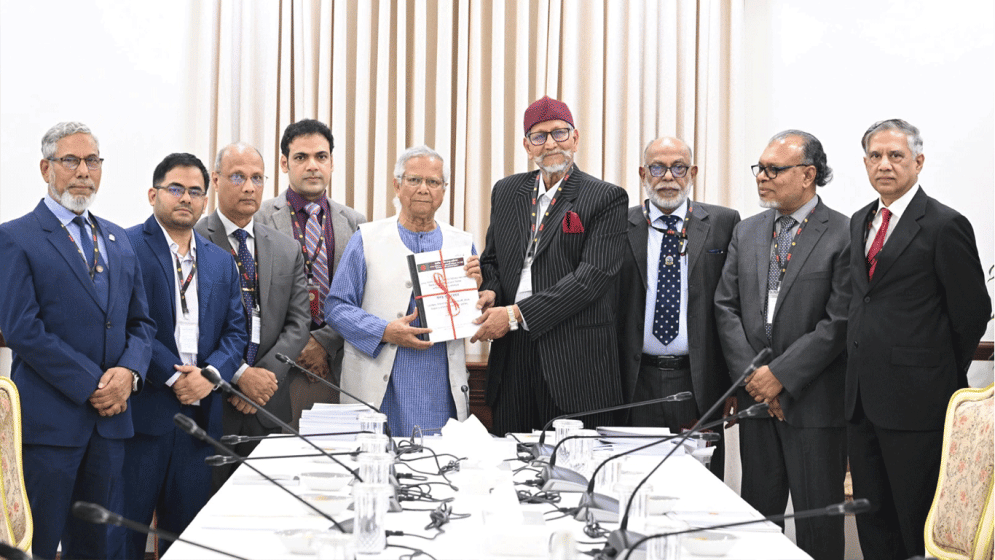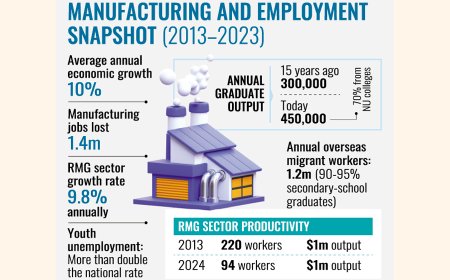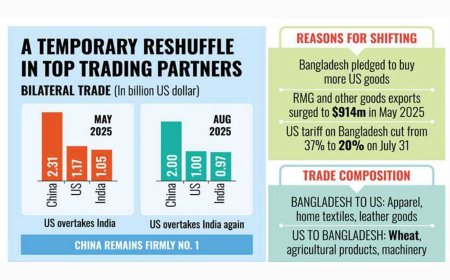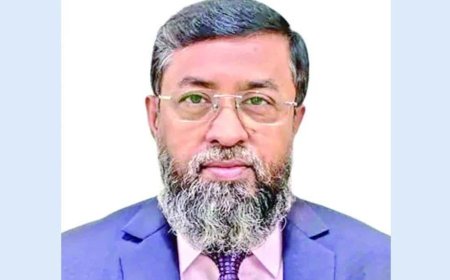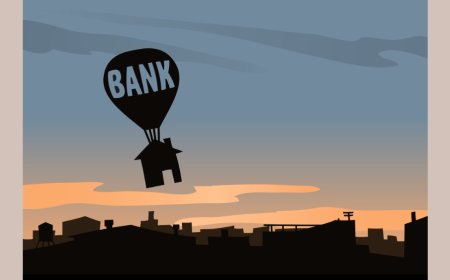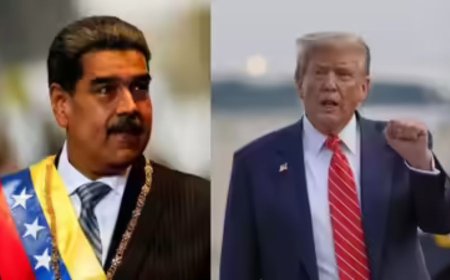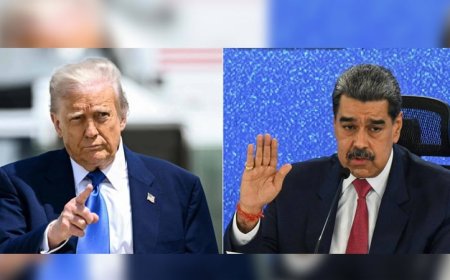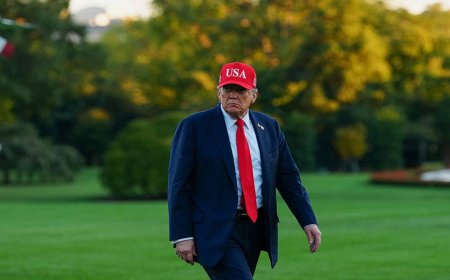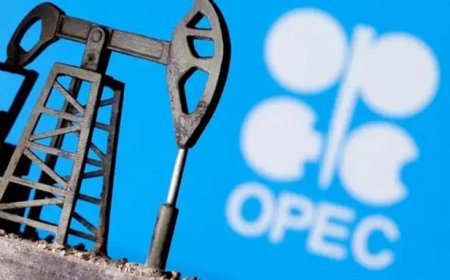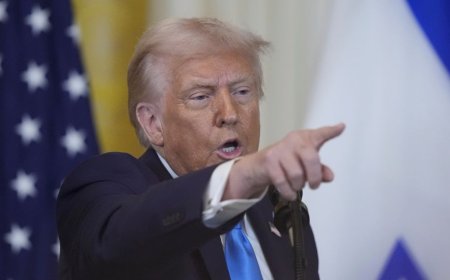EU seeks proper procedures for the upcoming elections in Bangladesh
EU seeks proper procedures for the upcoming elections in Bangladesh
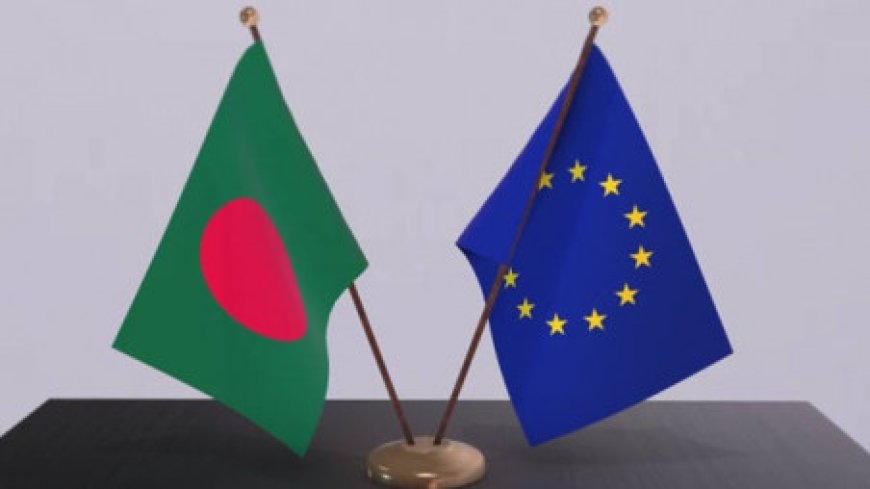
The EU and Bangladesh have collaborated for many years to advance multilateral approaches to global challenges.
EU Ambassador Michael Miller's Insights on Bangladesh's Political and Economic Landscape
In a recent interview, Michael Miller, the Ambassador of the European Union (EU) to Bangladesh, emphasized the necessity of democratic elections following the current political process. He acknowledged the interim government's broad support and popularity, stating that it is crucial for the upcoming elections to establish a new parliament and a government that reflects the will of the people while adhering to the "rule of law and respect" for fundamental rights. Ambassador Miller noted that these principles are foundational to the EU-Bangladesh relationship. He also pointed out that although aspirations are high, implementing change can be challenging.
Support for Reform and Transition
Ambassador Miller highlighted the evident popularity of the chief adviser and the interim government, recognizing a strong sense of support across political parties. He acknowledged the current difficulties, suggesting that while not all reforms could be implemented simultaneously, achieving some "quick wins" is essential for demonstrating the government’s capability to push forward with reforms.
He stressed the importance of a well-structured electoral process and the need to allow the interim government time to show its commitment to reform. Ambassador Miller pointed out that effective implementation is a complex task, and he assured that resources and political will are not lacking. He urged the advisers to communicate their priorities clearly, indicating a willingness from the EU to collaborate closely with the Bangladeshi government to achieve mutual goals.
Emphasis on Good Governance
As a newcomer during a pivotal moment in Bangladesh's political landscape, Ambassador Miller is eager to support the country’s aspirations for transition and reform, focusing on values like good governance, democracy, and respect for fundamental rights. He noted that the first round of negotiations for a new Partnership and Cooperation Agreement (PCA) between the EU and Bangladesh had been postponed, but shared that the EU had already provided a draft text of the agreement to the Bangladeshi side.
The intention behind the future PCA is to enhance bilateral relations by encompassing a broader range of policy areas, including climate change and security. Miller announced plans for a high-level mission from Brussels to Dhaka in the first week of November to discuss the PCA and other relevant issues with the interim government.
Political and Economic Cooperation
Ambassador Miller conveyed strong political messages, emphasizing the importance of a smooth transition in governance characterized by adherence to the rule of law and human rights. He expressed optimism about the future of Bangladesh-EU relations, stating that he hopes to foster a partnership that is not only commercial and developmental but also grounded in political and rights-based principles.
He acknowledged the impressive trade relationship between Bangladesh and the EU, particularly in the ready-made garment sector. However, he noted that while Bangladesh has excelled in securing duty- and quota-free access to EU markets, there remains potential for growth in foreign direct investment (FDI), which currently lags behind regional competitors.
Key Areas for Development
Ambassador Miller outlined three primary areas for improving trade and economic cooperation:
1. Simplifying Business Processes: He stressed the need for a streamlined approach to doing business in Bangladesh, suggesting the establishment of a single point of contact to facilitate investment rather than a complicated system.
2. Addressing Bottlenecks: Miller pointed to issues like energy supply, customs, and transport as key areas requiring improvement to enhance the ease of doing business and support economic growth.
3. Ensuring Smooth Transition to GSP+: As Bangladesh approaches graduation from LDC status, the ambassador highlighted the importance of upgrading the ready-made garment sector to meet international labor and environmental standards.
He also suggested exploring sectors beyond garments for economic diversification, mentioning opportunities in leather, pharmaceuticals, and light engineering. Ambassador Miller underscored that broadening the commercial relationship will be essential for the country's sustainable economic growth.
Commitment to Education and People-to-People Ties
Miller emphasized the EU's commitment to building strong people-to-people connections, particularly through education. Bangladesh is a significant partner for the EU's Erasmus+ scholarship program, benefiting from substantial support for higher education institutions.
Conclusion: A Collaborative Future
Ambassador Miller expressed a desire to collaborate closely with Bangladesh in various international organizations, highlighting the EU’s attention to global security issues, particularly in light of the ongoing situation in Ukraine. He reiterated the longstanding partnership between the EU and Bangladesh, which has focused on promoting multilateral solutions to global challenges, and looked forward to continuing this cooperation as both parties seek to address their respective priorities and ambitions.
What's Your Reaction?







